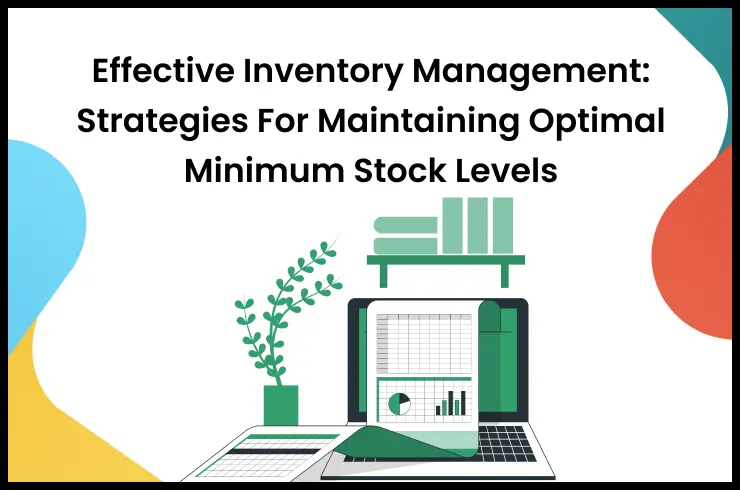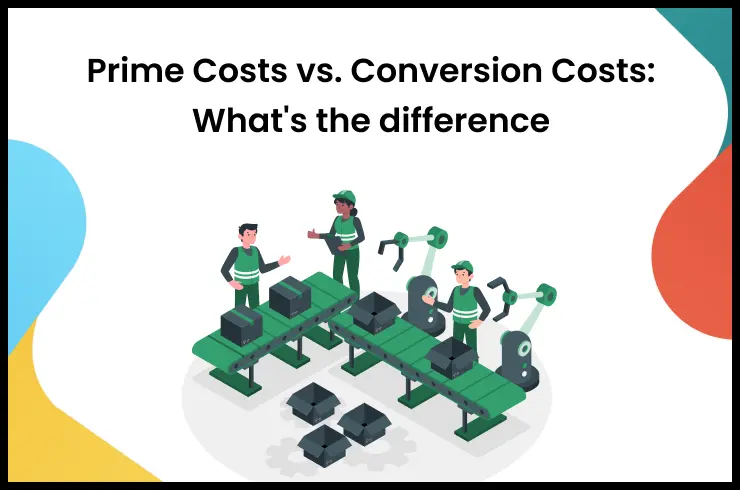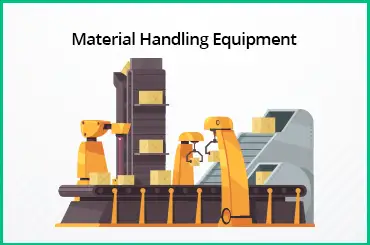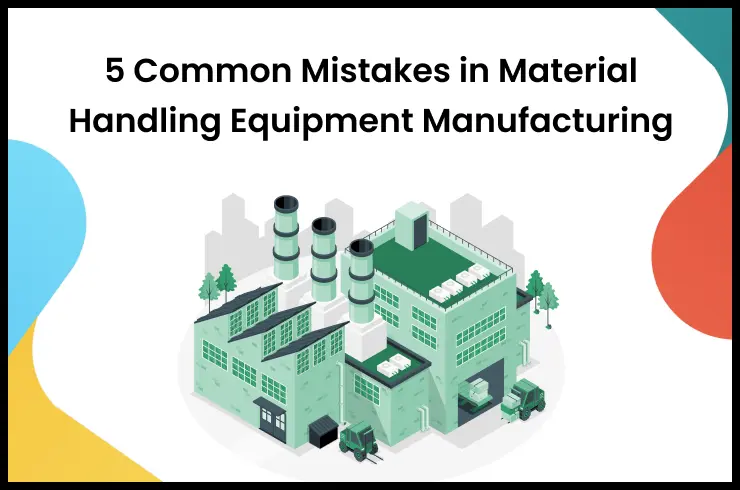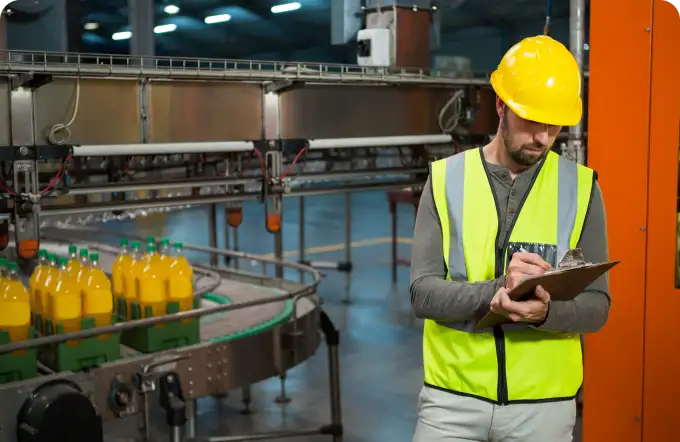Using a smart batch scheduling solution is important for successful manufacturing. It simplifies work, reduces waste, and manages costs. With it, companies can plan their manufacturing plans in different ways, from making many products at once to making items only when needed and in the right amounts.
Batch scheduling has several benefits for businesses, and in this article, we will understand them and how to choose the right batch-scheduling software for maximum output.
Define Batch Scheduling
Batch scheduling in manufacturing means creating products in groups or "batches." This process works on multiple items at the same time in each production step.
Figuring out when and how to plan production is important for manufacturers. Batch scheduling manages time, costs, materials, machinery, and production system speed.
Manufacturers prefer batch scheduling because it allows consistent production without changing setups. It saves money and uses resources wisely.
For example, a shoe company first set up its machinery to make 200 pairs of white sneakers. Once that batch is completed, they would adjust the materials and equipment to create a batch of 150 black loafers. This way, they can use their resources to make different types of shoes without changing the setup for each small batch.
Batch Scheduling: An Overview
In manufacturing, batch scheduling in operations management means making similar items together in a single production run rather than doing one thing at a time. This method is cost-effective and maintains product quality for many companies.
Batch scheduling is commonly used by industries that create things like paper, chemicals, steel, plastic, packaged goods, food, drinks, medicines, and clothes. These companies might produce different products using the same machines and setups.
Changing materials or settings for each order would waste time and money. So, they make a batch of one item for a while, then switch to the next. This way, they work smarter and save resources.
The Process of Batch Scheduling
Batch scheduling makes manufacturing smoother. Let's try to understand this with an example.
Let's say there is a brand that makes different colors for hair.
Earlier, they would have to make one color at a time, which would take a lot of time. But now, they can make all the colors one after the other using the same machines using batch scheduling.
- They can start by mixing the ingredients needed for one color; then they pack it.
- After they're done with that color, they can quickly switch to the next one.
This helps them save time and do everything they need more quickly. So, even though they use the same machines, they can make many different hair colors without wasting time.
Advantages of Batch Scheduling
Here are some common advantages of batch scheduling in manufacturing industries:
1. Get More Done
Making different products on the same machines takes time. Batch scheduling solves this by making similar items together. After one batch is done, they switch to the next.
It avoids wasting time on setup changes.
2. Spend Less
Working batch by batch can save money. Making a bunch of similar things together costs less than doing each separately. It also cuts down on waiting times between batches.
This method helps big companies save cash because they have machines that work great for big groups.
3. Better Tracking
Batch scheduling helps companies manage their products better. Manufacturers can group items with similar qualities or development processes.
It helps track inventory easily and improves how products are delivered and fixed if needed.
4. Quick and Flexible
Batch scheduling makes businesses quicker at responding to changes. Manufacturers can easily switch what they make based on what people want.
It is handy when trends or seasons change.
5. Less Waste
Making similar goods together also means less waste in the production cycle. And if a product isn't selling well, manufacturers can change things without wasting many items and increase inventory management.
What Can Be Batch Scheduled?
Some products and industries fit well with batch scheduling. It's great for making large quantities of the same things without much change. But for special, one-of-a-kind goods, batch scheduling might not be the best choice.
Many businesses use batch scheduling. From making medicine and chemicals to clothes and food, it's everywhere. They all have something in common: they use the same tools to make different things.
- Imagine a clothing company. They might make tons of tank tops for summer and then switch to sweaters for winter.
- Or think about medicine makers. They might create cold medicine in one season and allergy medicine in another.
- Even bakeries use batch scheduling to make cookies, bread, and pastries using the same machines.
So, batch scheduling works for businesses making various things of a similar kind.
What is a Batch Scheduling Software?
Batch scheduling software is a type of computer program that helps companies plan and manage their production process. Scheduling is a tricky job in production. Picking the right batch scheduling software is a must.
Before making a choice, involve operations and supply chain managers. They can figure out what the company really needs and what features matter most.
Then, start looking at different options, ask for demos, and think about how it will fit into the business. It's smart if the software can work with other systems or fit into the main business plan. This improves company operations.
Some things to look for in batch scheduling software are:
- Design ability
- Real-time monitoring and control
- Timely scheduling
- Input-output management
Automated Batch Scheduling for End-of-Month and End-of-Day Processing
Automated batch scheduling is like having a smart helper for managing tasks at the end of the day or month. It helps organize daily or monthly manufacturing data.
It saves time and makes sure everything is correct. This kind of system is great for businesses to work smoothly and keep things in order.
Simplify Your Batch Scheduling Process With TranZact
Making batches on time is important for companies manufacturing different products. TranZact's production management software takes away the tricky parts of scheduling production when things are made in batches. It boosts the quality of products and reduces the output time.
FAQs on Batch Scheduling
1. Why is batch scheduling used?
Batch scheduling is used to improve production, save manufacturing time, and cut costs. Grouping similar tasks makes it easier to switch between different products or processes and reduces the need for frequent machine adjustments or setups.
2. What role does technology play in batch scheduling?
Technology, like batch scheduling software, helps speed up and manage the process, providing smooth production and resource management.
3. What types of industries use batch scheduling?
Industries like manufacturing, chemicals, food, and beverages commonly use batch scheduling.
4. How does batch scheduling improve productivity?
Batch scheduling improves productivity by making similar items together, it reduces setup time and minimizes resource wastage. This simplified approach improves overall output and helps meet production goals more quickly.
5. Can batch scheduling handle different product variations?
Yes, batch scheduling can handle small variations within a product type by adjusting the production process parameters or materials slightly to accommodate specific product requirements.
6. What benefits does batch scheduling offer?
The benefits of batch scheduling include better resource management, reduced costs, improved quality control, and easier tracking.
7. Is batch scheduling suitable for changing demands?
Yes, batch scheduling can be adjusted to respond to shifts in market trends or customer requirements. It allows manufacturers to adapt production priorities and allocate resources accordingly to meet changing demands easily.
8. What is batch production?
Batch production is a way of making things where similar items are produced together in groups or "batches." Instead of making each item separately, the production process is organized to make a large quantity of a particular product type at once.









